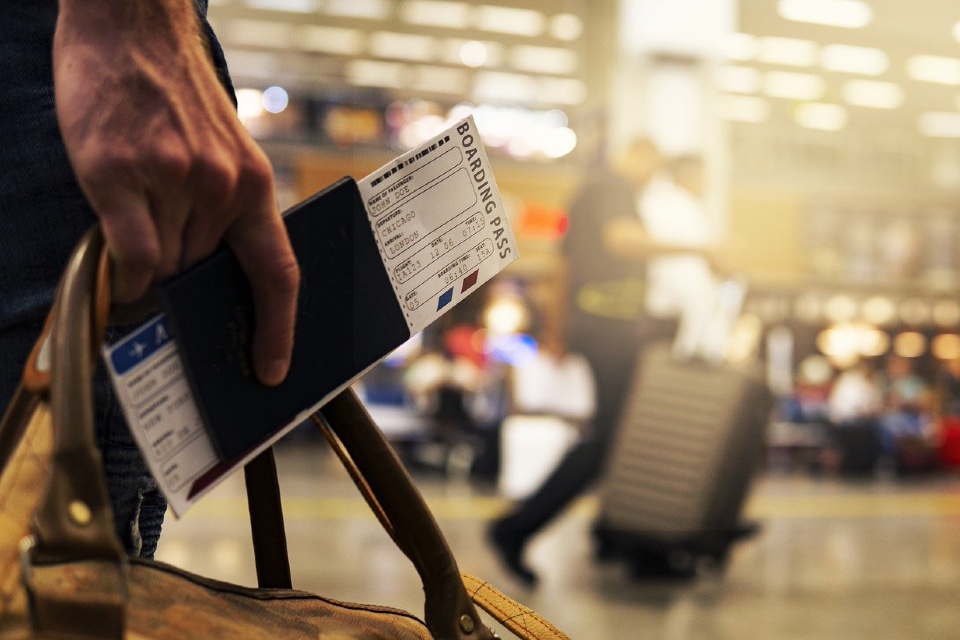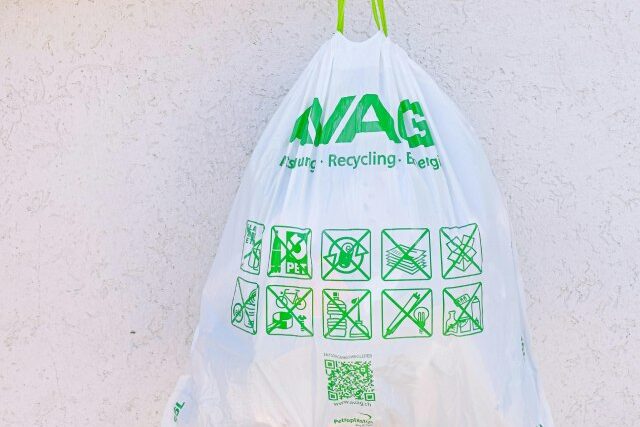This month, new research has revealed that 63 per cent of Brits are not aware of the EU EES, a new entry/exit system for the Schengen zone of the European Union, set to be implemented in October 2024. Under this new system, every UK citizen travelling to the Schengen area will be required to have their travel documents inspected and stamped each time they cross the borders of European countries using the system. Anirudh Singh COO, UK & Europe at VFS Global shares his expertise…
Indeed, for British citizens who are seeking to work or study in the EU understanding the altered visa rules following Brexit is crucial to avoid the frustrating experience of being denied entry at the border.
Anecdotal evidence suggests a significant amount of confusion amongst British citizens, particularly for those now working and studying abroad, about the new regulations and how they impact their travel plans to Europe.
There have already been some well-publicised cases of sectors grappling with the new rules. For example, the UK’s music industry, renowned worldwide, is facing a new world post-Brexit, must now seek new permissions for British musicians and other performers to work across borders.
Here are 5 top tips for PAs to help get to grips with the new EU travel rules
1. 90-day limit in 180 days:
Each country has its own visa arrangements, but the withdrawal agreement between the UK and the EU did establish some new principles. It is important to understand the visa-free 90-day limit within 180 days.
Firstly, British citizens do not need to apply for a Schengen visa to travel to the Schengen area, but there are limits on how long they can stay. Visitors, whatever the purpose of their travel are not allowed to spend more than 90 days in the Schengen area in any given 180-day period, unless they have a work, study or permanent stay visa.
This is a “rolling” limit, which means that any UK traveler will need to check that over the previous 180 days they have not already breached the 90-day limit. Tourist travel and business trips contribute towards this 90-day total – so a week’s holiday in Paris, followed by a seven-day work trip to Berlin would be calculated as 14 days.
2. Work visas for post-Brexit travel:
Despite this 90-day limit, work visas can be required by EU member states even if UK citizens are working in the EU for a much shorter period. Generally, if you are working in an EU member state you will require a visa, even if you are self-employed.
Post Brexit, British citizens are now subject to the same visa requirements as non-EU nationals when working in EU countries. Applying for visas can involve additional paperwork, waiting periods, and potential fees.
The visa processing time can typically vary from one to three months, so bear this in mind when applying. Documents required for an application include a valid passport, visa application form, recent photograph, proof of financial support, proof of accommodation, and a letter from your employer or school if applicable. These documents will be required to support their visa application.
To ensure a smooth application process for a long-term Schengen visa, it is important to bring the right paperwork, apply well in advance, and be prepared to answer questions about your purpose of stay and your financial situation.
3. Business travel:
Business travel can be a grey area. A short business trip which involves attending meetings or conferences, does not generally require a visa. You will need a visa, however, if:
- Your work stay is longer than 90 days (within a 180-day period)
- You’re having an ‘intra-corporate’ transfer’- If a UK-based company moves you to a branch in EU to work.
- You’re self-employed and providing services in an EU member state
- You’re providing services in an EU member state, where your employer has no local presence
It is crucial to understand which trips require a visa and which do not. It’s important to clarify what precisely constitutes work. Even short business trips involving only meetings or conferences sometimes require a visa.
But, even if those rules sound relatively clear, there are judgements to be made about what constitutes work. Does delivering training, or going for annual company week-long retreat require a visa? Each country oversees its own visa rules and has a different interpretation of what can be allowed without a visa. Helpfully, the Government has written a guide for each EU and Schengen country which sets out the rules in each country.
Those who travel for work should be aware that there is likely to be even stronger enforcement of these new rules around the corner with the introduction of the mandatory online visa waiver scheme – which is due to come into force in October 2024.
4. The EU Entry/Exit System (EES) & European Travel Information and Authorization System (ETIAS):
Those who travel for work should be aware that there is likely to be even stronger enforcement of these new rules around the corner with the introduction of the mandatory online visa Entry/Exit System – which is due to come into force in October 2024.
The European Union (EU) is planning to introduce two separate but interconnected schemes that will affect UK citizens travelling to most EU countries. These are:
- The EU Entry/Exit System (EES), which is an automated system for registering travellers from the UK each time they cross an EU external border. Scheduled to be introduced in late 2024, travellers will need to scan their passports or other travel documents at an automated self-service kiosk prior to crossing the border. The system will register the person’s name, type of the travel document, biometric data (ie fingerprints and captured facial images) and the date and place of entry and exit.
EES data will be used for ensuring compliance with the rules of the Schengen area on entry and permitted length of stays. It will record overstayers, and refusals of entry.
- The European Travel Information and Authorisation System (ETIAS), a travel authorisation to enter the EU for UK citizens. Like the US ESTA visa waiver scheme, this ETIAS, which will need to be applied for online, will allow visitors from the UK to visit Europe without applying for a short stay visa. However, this will give no permission to work in Schengen countries – work visas will still be required. It is now scheduled to become operational from mid-2025.
5. Visa at Your Doorstep (VAYD):
At the same time, new services have been introduced to make travel more seamless. For travellers from the UK to the Italy, Denmark, Czech Republic, Malta, Croatia, Cyprus, India, Ireland and South Africa, VFS Global has introduced Visa at Your Doorstep (VAYD) optional tailored service whereby applicants don’t have to visit the visa centre and can submit the visa application from the comfort of their home, office or any other preferred location.
VFS Global’s team visits the applicant at a scheduled time and date and helps them with the full application submission process. They will take a visa applicant’s biometric details and check their documentation to ensure it is filled in correctly and provide all the necessary clarifications. It also means those who are worried about getting it right are personally guided through the process.
In this new post-Brexit era, knowing the rules and the “life hacks” are essential to save time and stress. As the new survey on the EU EES shows, knowledge of new systems is lacking, so when working and studying in the EU, it’s prudent to be prepared.











